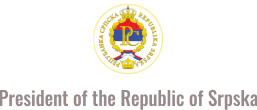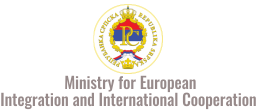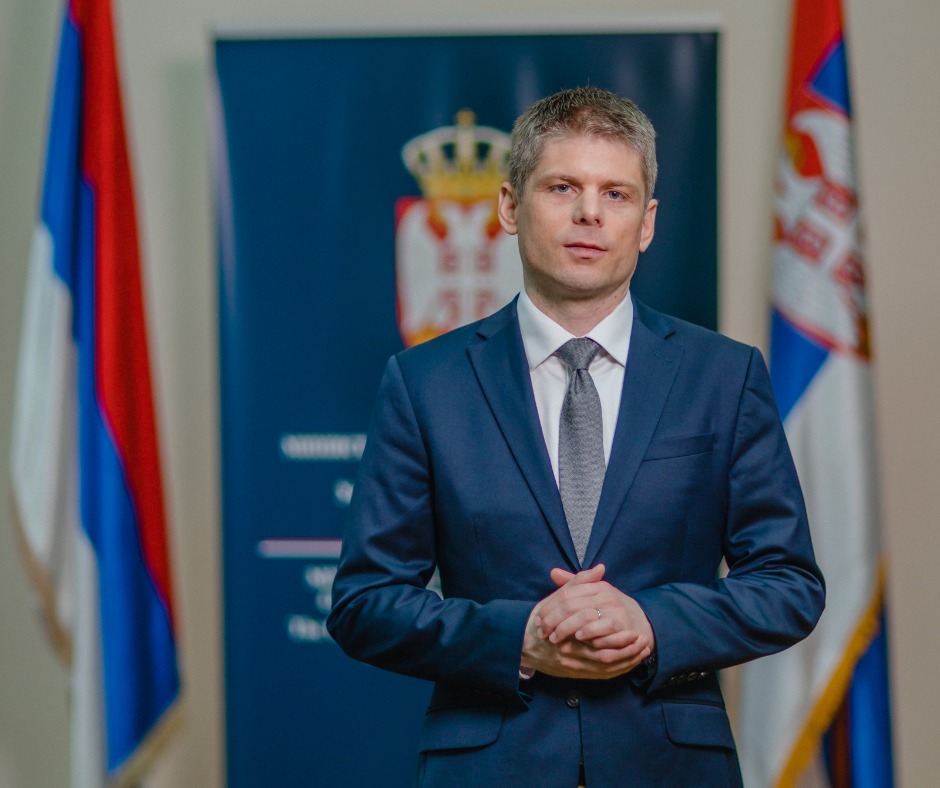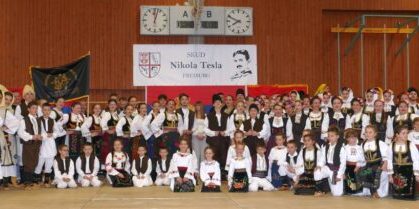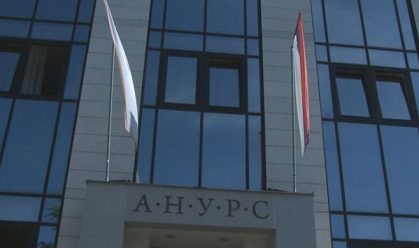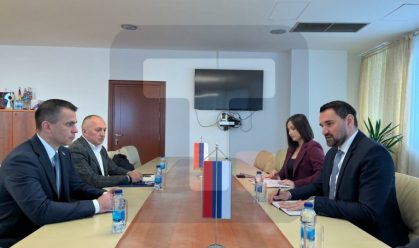The Director of the Directorate for Cooperation with the Diaspora and Serbs in the Region, Arnaud Gouillon, said that there were several million Serbs living throughout the world, i.e. several hundred thousand families with children, and added that if only some of them had returned to Serbia, their country would have flourished.
For families to decide to return, and there is such trend, it is necessary for the children to know the language, Gouillon said and added that 23 new Serbian language supplementary schools had been launched worldwide.
Three schools will be opened in America for the first time, Gouillon stated.
Arnaud Gouillon accepted the Orthodox faith in 2015 in Visoki Dečani, and says that ever since he has been celebrating all holidays twice – with his family in France, but also here with his family according to the Orthodox calendar.
He states that in the Directorate for Cooperation with the Diaspora and Serbs in the Region they work throughout the year, but that holidays are important because then the majority of Serbs are united and together, regardless of where they live.
Gouillon points out that in the Directorate for Cooperation with the Diaspora and Serbs in the Region, they endeavor to nurture those ties among Serbs wherever they live, so that diaspora Serbs preserve their identity and language.
He says that on average they implement 300 to 400 projects worldwide each year.
‘The times of holidays are an opportunity to remember that Serbs around the world are together with their motherland, together with the Serbs in Serbia and especially with the Serbs in Kosovo and Metohija who, unfortunately, are going through difficult times today, and that is when we should all be aware of that and be all together’, Gouillon said.
According to him, the problems of Serbs in the region differ from those in the diaspora, but the biggest challenge in the diaspora is the preservation of the language.
‘Especially for children born abroad and for members of the second, third and even fourth generation born there. It is very difficult to preserve the language, it is not enough to speak Serbian at home. It is a frequent misconception that having the Serb father and mother is enough for the children to know the Serbian language. It is a prerequisite, but it is not enough, a school is needed’, explains Gouillon.
For that very reason, he says, they launched 23 new supplementary schools of the Serbian language in the world, from the Canary Islands to the Netherlands, through Portugal, Spain and all the way to Moscow.
He adds that this year in Austria alone, they have opened 10 supplementary schools, and that supplementary schools will be launched in America for the first time.
He points out that people in the diaspora come forward to help with that mission, and that they do not need much financial assistance from their motherland, but that they cannot start a Serbian language school by themselves.
‘We will send teachers, textbooks, we will finance classroom rental’, said Gouillon.
For the first time in America, the Serbian language supplementary schools will be opened in three cities – Chicago, Milwaukee and Phoenix.
‘We already have 250 interested children there, but when everyone hears of the launching, we believe we will have twice as many’, says Gouillon.
He states that 15,000 textbooks and reading materials will be distributed to the supplementary schools around the world in the coming period.
‘That is important, because it is difficult for them to find books in Serbian, in Cyrillic, for example, in Paris or Zurich. We can provide that and send it to them’, says Gouillon.
He points out that the learning is not only of the Serbian language, but also Serbian culture, and thus learning about identity.
Source: Directorate for Cooperation with the Diaspora and Serbs in the Region – Tanjug
Photo: Arnaud Gouillon
